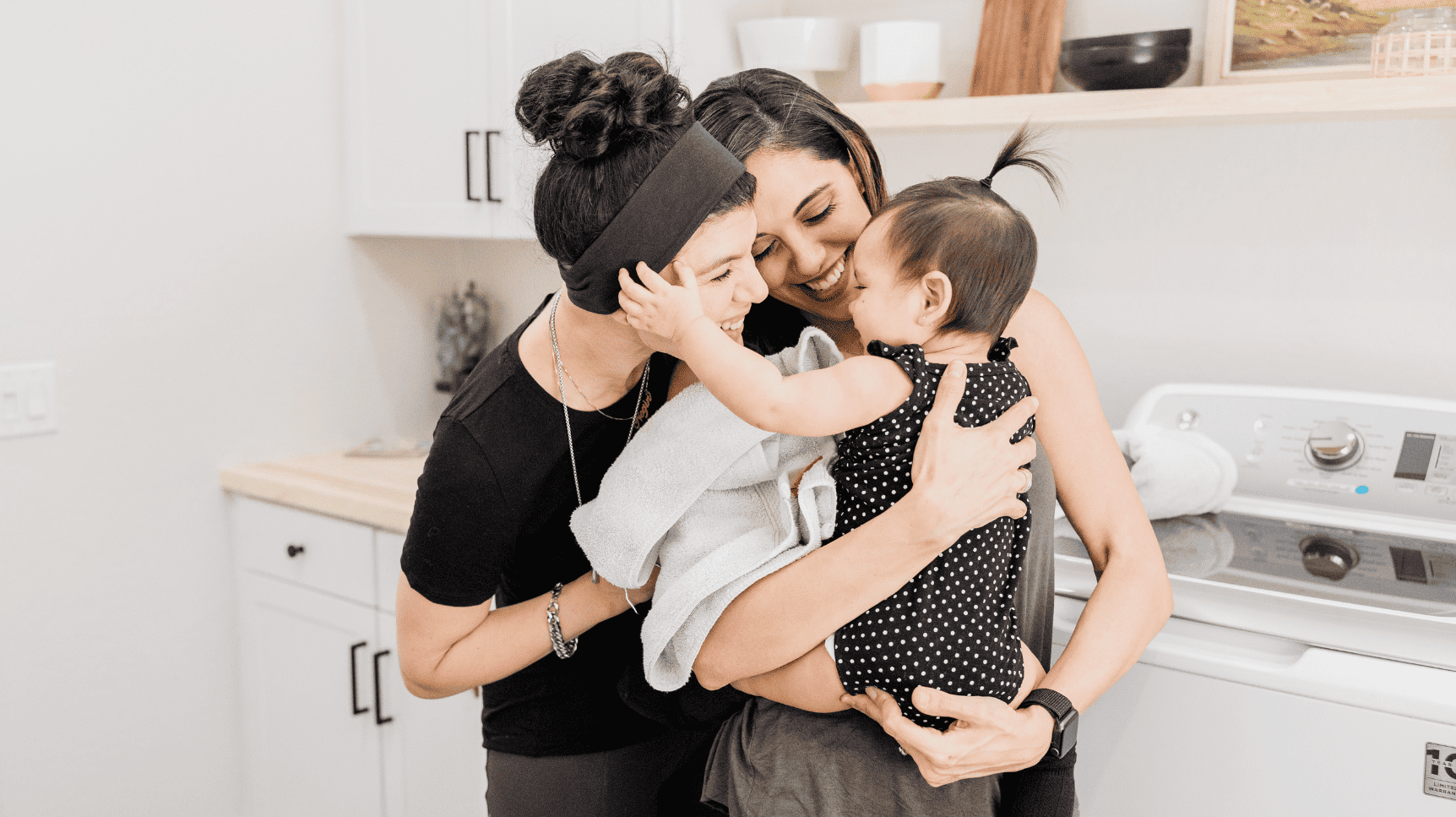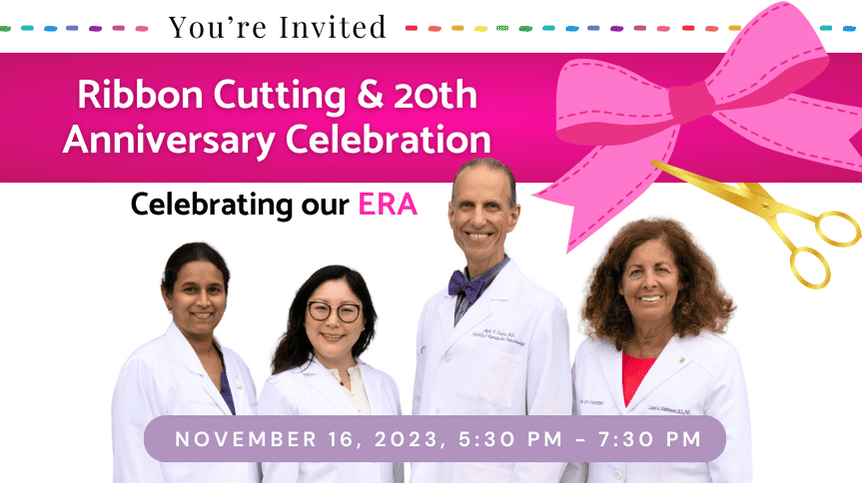Alone in the Middle
By Mark P. Trolice, MD
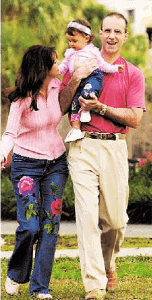 As a fertility specialist, I’m fortunate to have played a part in helping make Mother’s Day and Father’s Day possible for many wonderful families. However, early in my career, I was humbled by the experience of not being able to help my beautiful wife and I become parents. For many years, I did not know if we would ever have children; yet, through it all, I did know that the memory of my father, and the promises I had made to myself for him, meant that Father’s Day would always be one of the most treasured days of the year to me.
As a fertility specialist, I’m fortunate to have played a part in helping make Mother’s Day and Father’s Day possible for many wonderful families. However, early in my career, I was humbled by the experience of not being able to help my beautiful wife and I become parents. For many years, I did not know if we would ever have children; yet, through it all, I did know that the memory of my father, and the promises I had made to myself for him, meant that Father’s Day would always be one of the most treasured days of the year to me.
To no one’s surprise who knew either of us, I loved my dad dearly. As a young boy, I viewed him as the embodiment of everything a man should be — strong character, war hero, committed husband and loving father. I also knew him to be a gifted musician and entertainer. And so, just as my love for family was defined by my father’s unrelenting devotion to his wife and children, my love for music originated from being around my dad and his fellow musicians as I watched them practice and share stories of their shows.
In return, I hoped to one day have my father experience three things: how he taught me to be a good father; how my children loved him as I had; and how my career in medicine would one day share a path with my music. Sadly, those goals were not to be realized in his lifetime. Yet, hope is nothing if not a word meant to inspire.
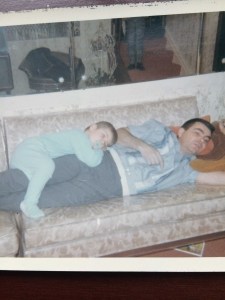 At the time of my dad’s passing in 1993, I was a third year OB/GYN resident physician who had already endured one year of infertility in my marriage. Despite my axiom of, “You only owe your parents love,” I was devastated that my father never saw a grandchild through me. My years of medical training never prepared me for the paralyzing impact of losing my father, and receiving an infertility diagnosis. Failure was not only an enemy, it became a label that tried to consume me.
At the time of my dad’s passing in 1993, I was a third year OB/GYN resident physician who had already endured one year of infertility in my marriage. Despite my axiom of, “You only owe your parents love,” I was devastated that my father never saw a grandchild through me. My years of medical training never prepared me for the paralyzing impact of losing my father, and receiving an infertility diagnosis. Failure was not only an enemy, it became a label that tried to consume me.
Without a father or a child, I was in a genealogical limbo. My role model was gone, and I was facing the prospect of never becoming a father. Consequently, I truly was alone in the middle — between my father’s legacy, and my future as a dad.
Despite the standard perception of a female challenge, infertility can induce men to experience pain for several reasons. First, men may experience guilt for disappointing their wives when pregnancy eludes them again and again. The stress may also result in an inability to consistently perform intercourse “on-demand” during ovulation. Second, men may feel less masculine if they have an abnormal sperm count or are unable to conceive a child. Lastly, as a defense mechanism, men may avoid discussing the problem with their partner, which is often misinterpreted as a lack of caring — thereby creating an emotional distance between the couple. While all of these reactions are understandable, they nonetheless may have a profoundly negative impact on a relationship.
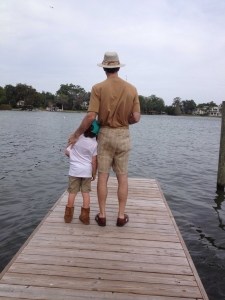 Throughout our ten years of infertility, we endured every test, surgery, treatment cycle and complication the disease offered. Yet, we were unable to build our family in the manner we had planned.
Throughout our ten years of infertility, we endured every test, surgery, treatment cycle and complication the disease offered. Yet, we were unable to build our family in the manner we had planned.
No one’s life seems to occur as scripted, and one’s fertility is certainly no exception. The idea of adoption occurred to us intermittently but never prevailed until we moved to Florida. After my wife’s last fertility related surgery, we jointly decided to end our infertility and proactively begin an alternative path.
Five children later, my only regret is not choosing adoption years earlier to avoid the heartache and expense, both financially and physically. However, my lament is always short-lived because I know that any earlier adoptions would have prevented us from being blessed with the angels we now adore.
This Father’s Day, we should allow ourselves to thank our fathers for the gift of life, and to return their love without having to feel pressured to provide a grandchild. All we owe our parents is love, but we owe ourselves even more — to be aggressive with infertility so we can hope to avoid being caught alone in the middle.



